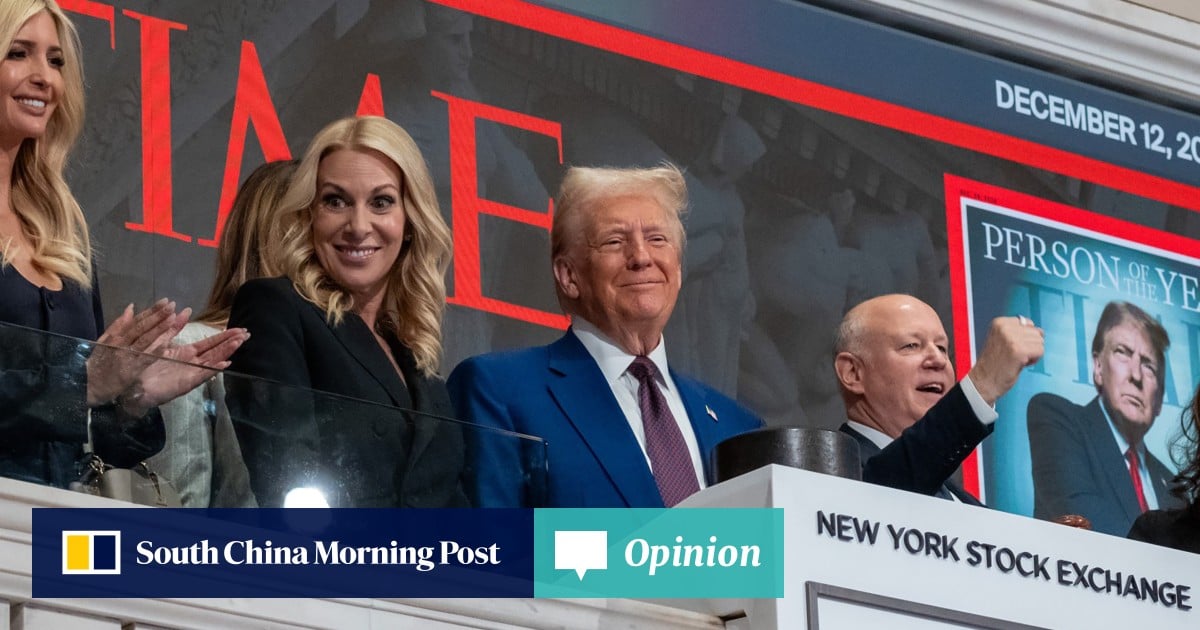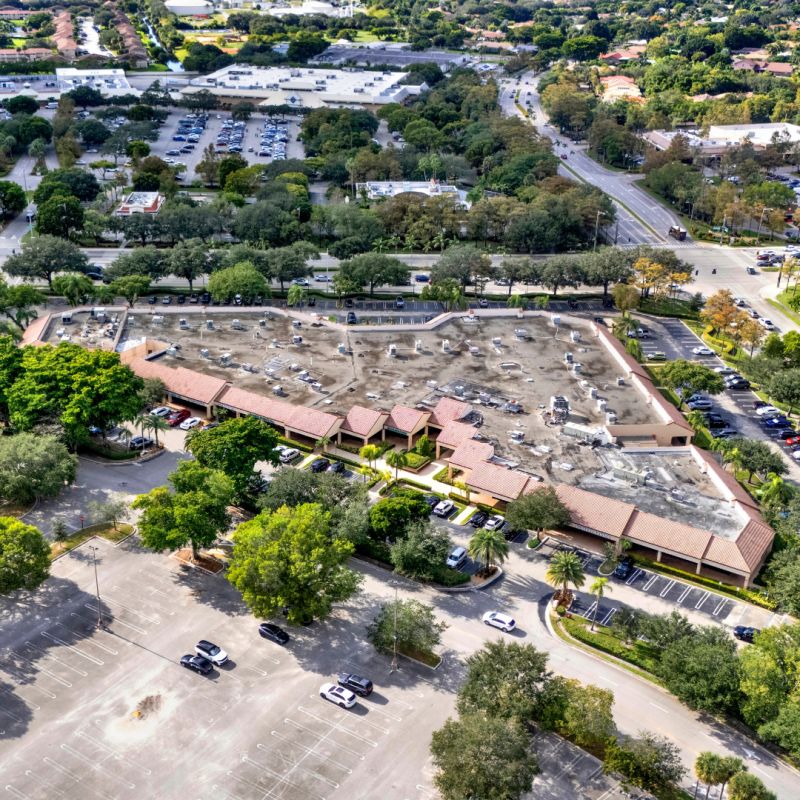T
he S&P Asia Pacific Reit Index, which tracks real estate investment trusts across several Asian markets, provides a glimpse into the volatility of the region's listed real estate sector. The index surged 18% between July and September as global bond markets rallied in anticipation of the US Federal Reserve's monetary easing cycle. However, since then, it has lost over 14%, reflecting growing concerns about the inflationary impact of Donald Trump's economic policies.
The Fed's decision to signal fewer interest rate reductions than expected has put property markets under renewed pressure. The acknowledgement that Trump's policies have altered the outlook for monetary policy has also contributed to this shift in sentiment. Asia is particularly vulnerable to trade and financial shocks due to its strong trade links with China and the US, as well as its sensitivity to shifts in US monetary policy.
A deterioration in sentiment could lead to a sharp decline in residential and commercial property markets if Trump's second term leads to economic instability. JPMorgan warns that fears of financial instability will prevent Asian emerging markets from receiving needed easing support, keeping borrowing costs high and mortgage rates elevated. This could further pressure affordability and dampen demand, particularly in housing markets already slowing, such as Australia and South Korea.
The Trump effect may be more pronounced in commercial property markets, where a recovery in transaction volumes has been underway. The Fed's decision to begin easing policy was seen as a pivotal point for the region's investment markets, according to MSCI.














